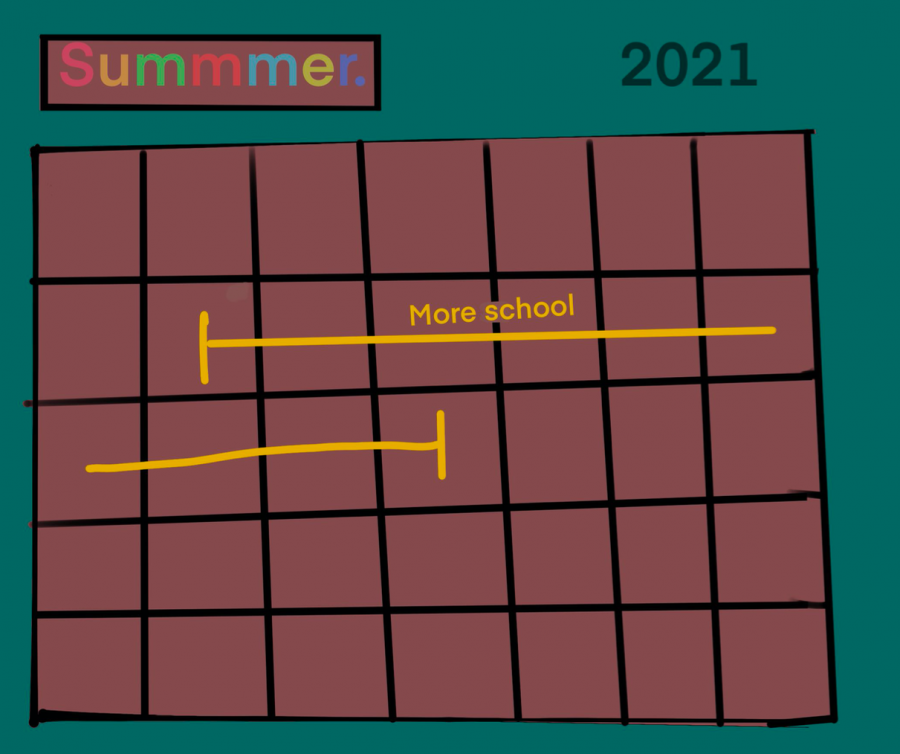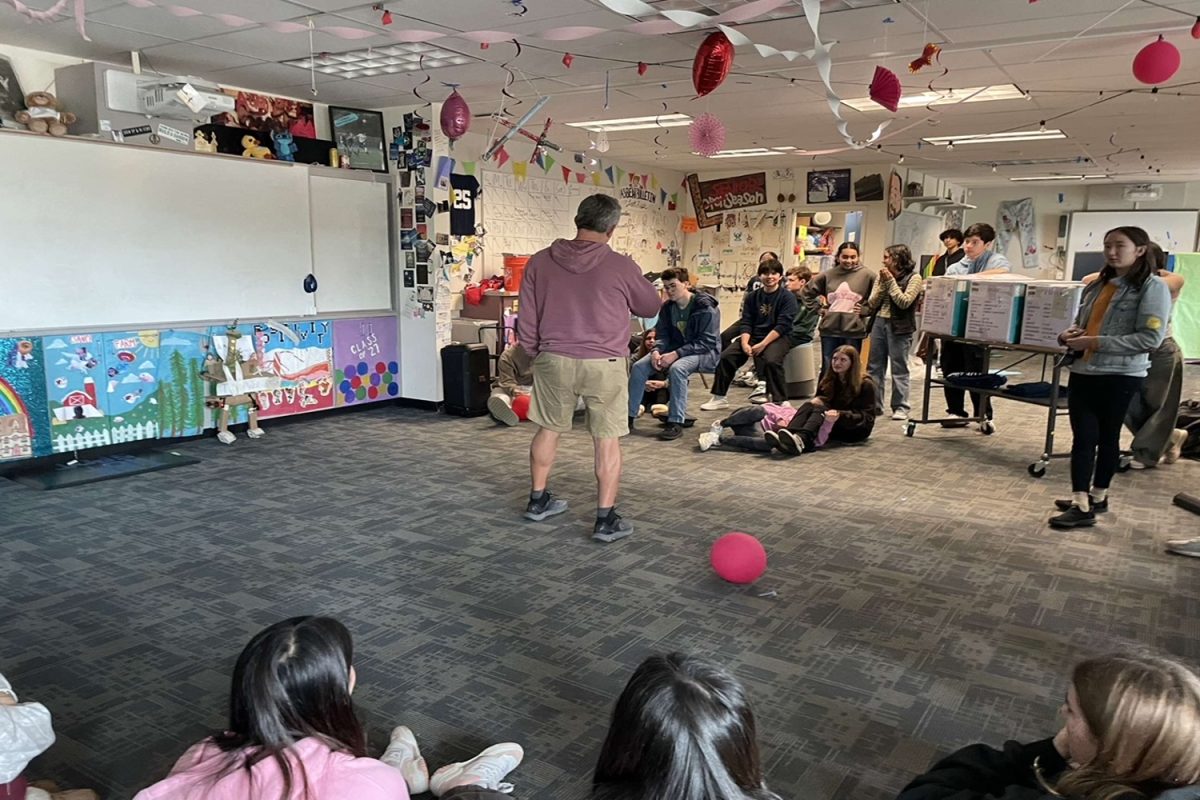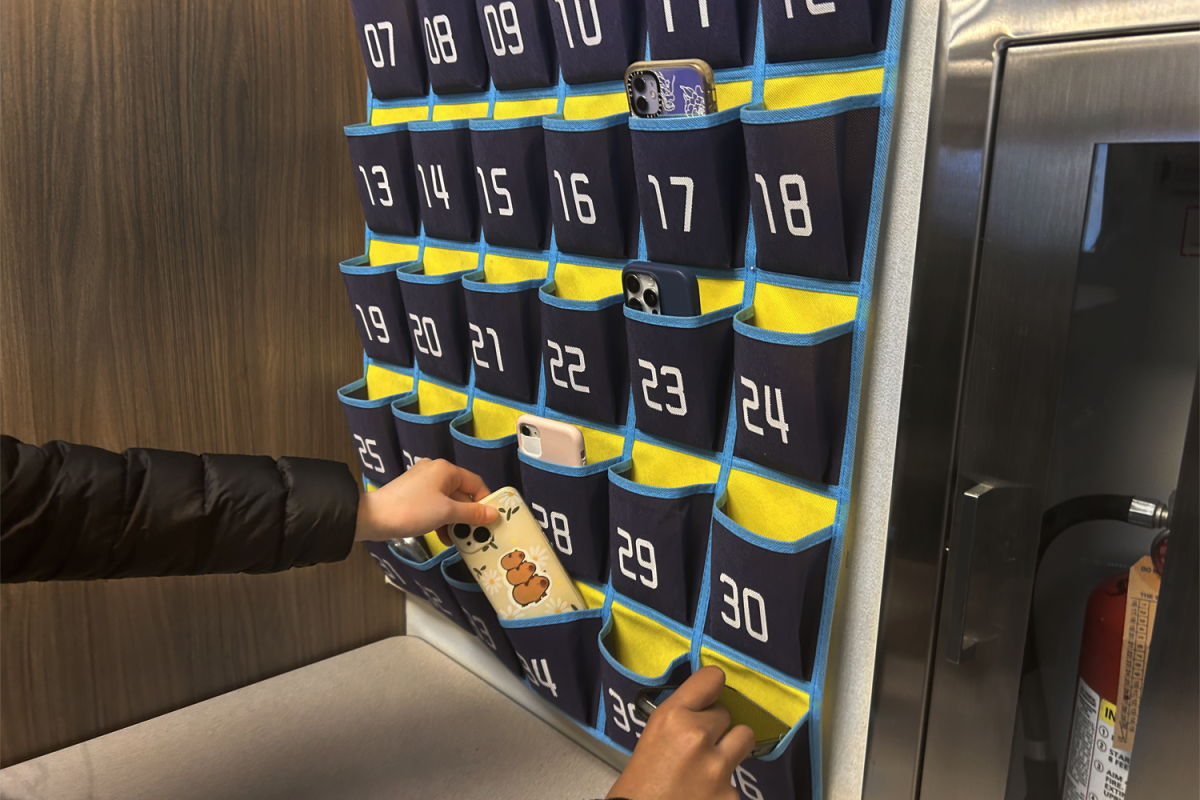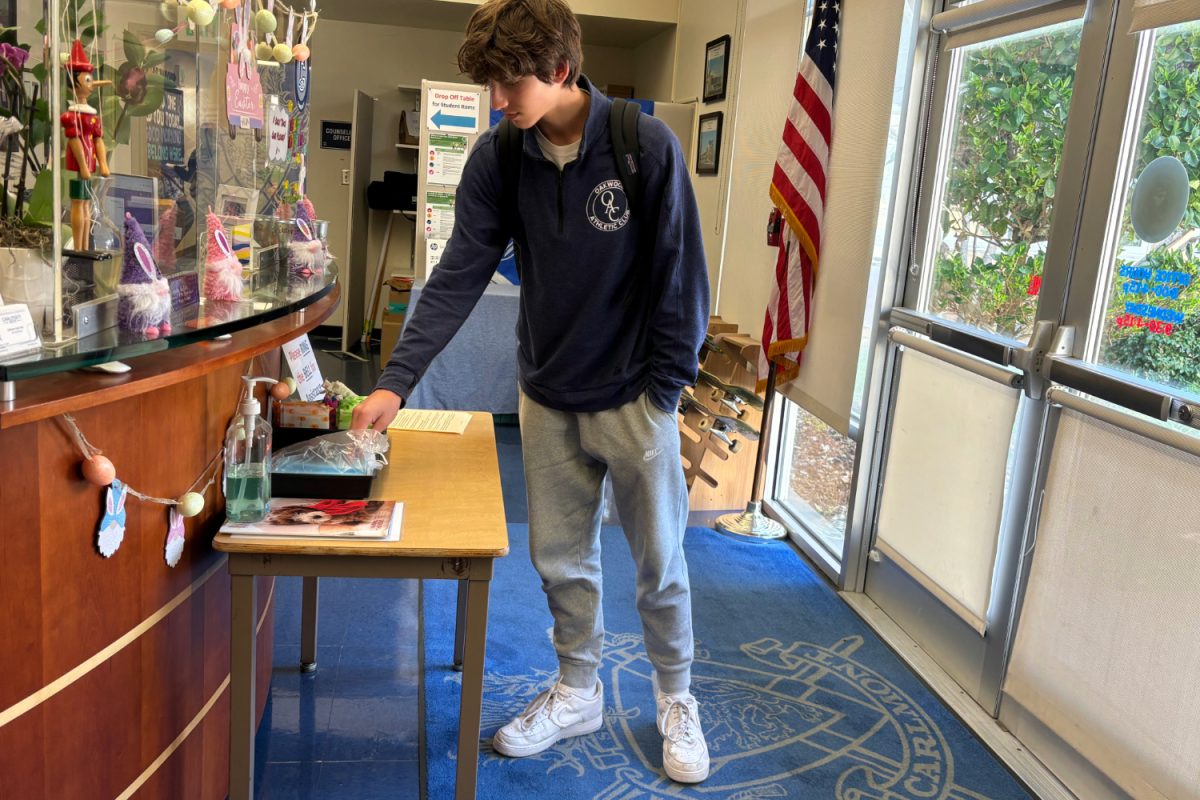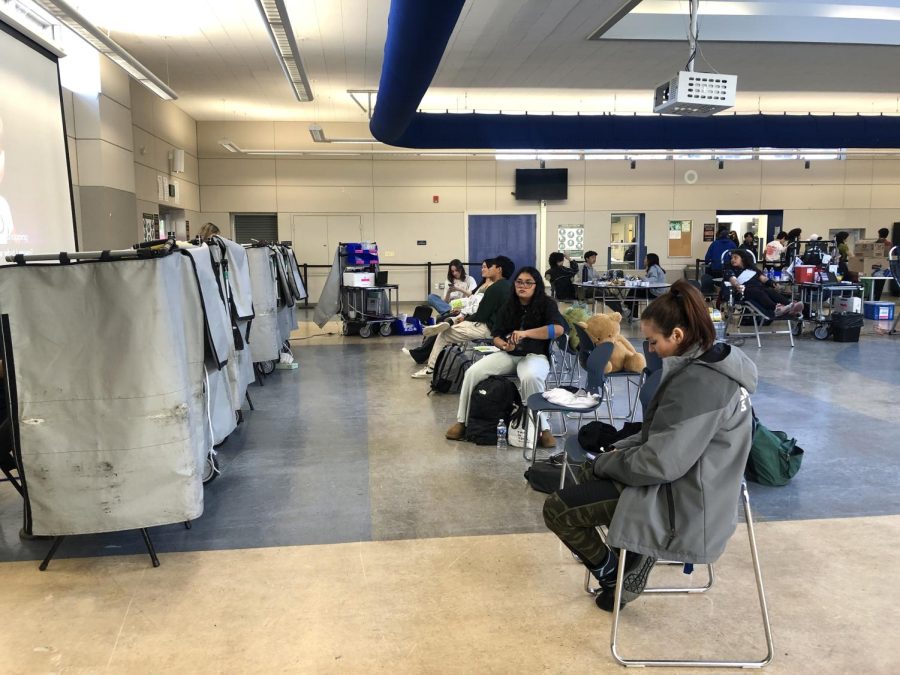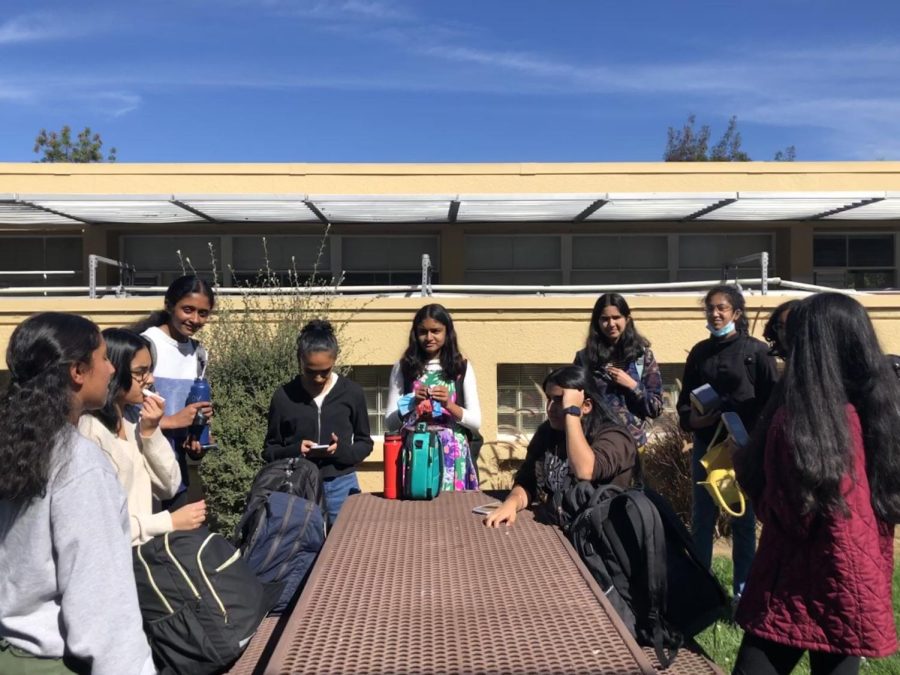Summer college courses have numerous benefits, but they can be very rigorous. Undeterred by the challenging classes, many students choose to take these courses to explore their interests and begin their college journey.
“I always think it’s good to broaden your horizons. So courses are a good way to do that,” Said Anna Feng, a college student who took summer courses in high school.
These summer courses are also called concurrent enrollment. Over the summer, students can choose to take concurrent enrollment classes at local community colleges.
This program provides many classes, some of which are not offered at Carlmont. The expansion of courses gives students the ability to learn concepts outside of those offered their high school and expand their education outside of the typical school year.
“I wanted to learn about topics I didn’t know a lot about and seemed really interesting. So I took classes to explore other topics and figure out what career I wanted to get into. It’s also a good way to understand the college environment,” Said Ryan Ng, a Carlmont junior.
These classes are excellent ways to explore one’s interests, and they persist throughout each student’s college career. This can be a good thing as colleges may see these classes as indicators of maturity. However, failing one of these classes has repercussions. A student who fails will have to start college with the grade they got taking these courses.
“You do have to understand that if you take a college class, that grade you get will stay in your college transcript,” Said Mayra Arellano, Director of High School Transition and Dual Enrollment.
Many students take these courses for college credit. College credits can be helpful at the next level and some students may even be able to skip a class. However, they only help in certain situations. If one doesn’t know what their major is, it may not be worth it to take courses for this reason alone.
“The human biology course I took actually didn’t count for anything,” Feng said, “My advice for kids taking college courses or looking to take college courses is, if you’re taking them for credits, make sure you have sort of an idea of what you want to study. Look into whether or not that college course will actually satisfy it.”
Some students take these courses to skip a class. For certain high school subjects, the prerequisite requires attendance in previous classes. Students may try to work around this by taking the previous class over the summer and entering the next level. However, one must be wary because summer courses are only six weeks, and they may not have enough time to process all of the information.
“That’s one of the concerns that we always bring up when students decide to take this route. You’re basically condensing a year-long class over the course of six weeks. When that happens, their summer instructors might skip a unit or a chapter,” Matthew Ledesma, Carlmont school counselor, said.
Because of the shortened schedule, these courses are very strenuous. They are taught like college classes as opposed to high school ones. It is essential to understand the difficulty that comes with these classes.
“The schedule is not like [high] school. You’d only go to class a couple of times a week, and they’re really long hours. It’s strange because you’re in more of a college environment, and no matter what age you are, they treat you like an adult. So you are personally responsible for a lot of your work,” Ng said.
The increased responsibility comes with challenges, but it also prepares students for college. During these classes, students will be expected to acclimate to a college environment and teaching style. They may have to go through long lectures or large projects like writing a thesis.
“The first day when I went in, I didn’t realize that the lectures were going to be three hours long. On paper, it doesn’t look that bad, but in person, it feels much longer than it actually is,” Feng said, “I was a freshman at the time, so I was really overwhelmed.”
Becoming overwhelmed and being unprepared for the class material is a stressor many students can face when attempting the courses. For some, these downsides seem great. However, colleges offering these courses understand the challenge and can provide students the resources they need to enrich their minds while still enjoying a relaxing summer.
“We give a lot of support at Canada College. We really want to help our high school students understand and explore what they want to major in, what they’re interested in,” Arellano said.

